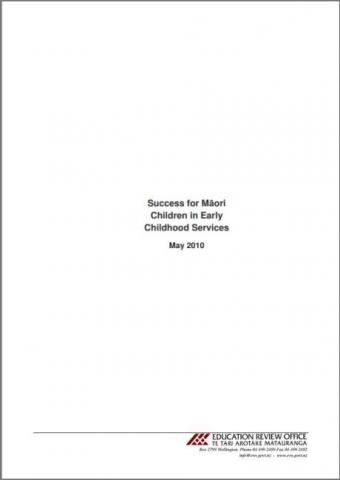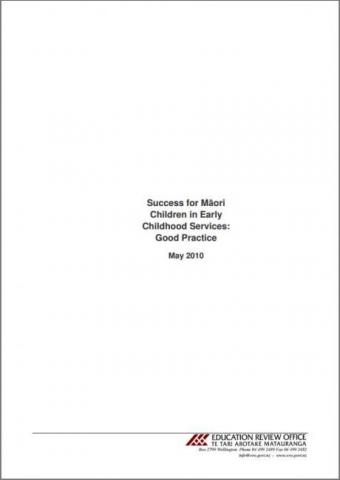How ERO reviews
Published: 04 Mar 2021
ERO reviews all early childhood services, kōhanga reo, schools and kura to help their learners flourish. We focus on what’s working well for learners/ākonga and what can improve.
- Audience:
- Academics
- Early learning
- Māori-medium
- Parents
- Schools
- Content type:
- Basic page
- Topics:
- Kōhanga Reo
- Kura
- Early childhood services
- Evaluation
- Schools
- School hostels
- International students




